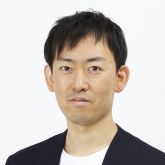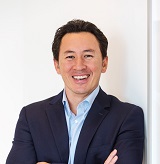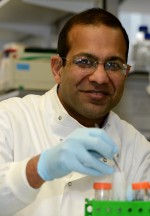
Professor Peter McCormick
Grant made in 2022 Award RoundHistamine is a natural compound released by special immune cells in our bodies in response to germs or bacteria that could cause disease. Professor McCormick will investigate the role of histamine in helping pancreatic cancer to grow. He will also investigate whether antihistamine drugs, such as those that treat hay fever, could be repurposed as a new treatment for pancreatic cancer.









